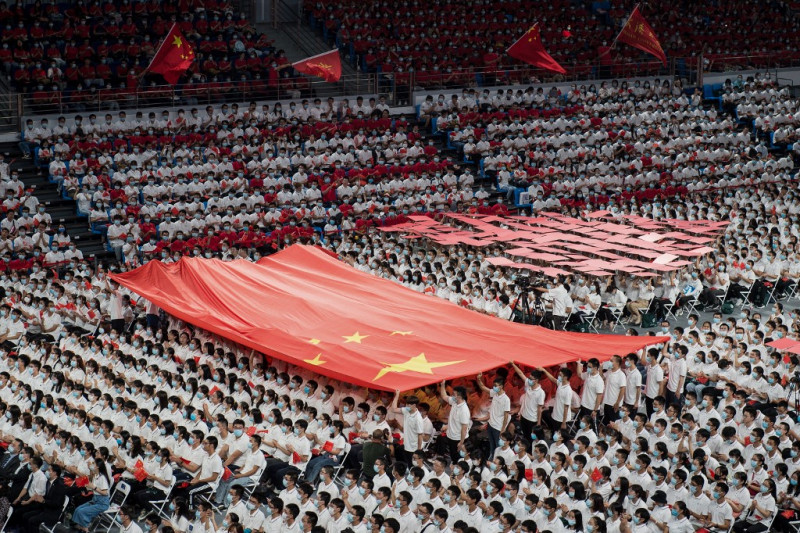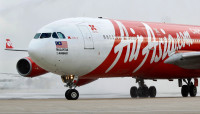KUALA LUMPUR – When Beijing filed its formal application to join the Comprehensive and Progressive Agreement for Trans-Pacific Partnership (CPTPP) recently, the world reverberated by the move that could reshape regional trade.
Malaysia and Singapore, as members of the Association of the Southeast Asian Nations (Asean), announced that they are “looking forward to welcoming” the interest.
The world has been speculating on how such an inclusion would bring mutual benefits to the regional bloc – Nikkei Asia reported that negotiations with China could start in 2022 at the earliest.
Pundits, however, have different perspectives that, among others, envisage Asean to gain a lot more from the concurrent inclusion of China in CPTPP as well as in the Regional Comprehensive Economic Partnership (RCEP).
During the 38th and 39th Asean Summits and related summits scheduled from October 26 to 28, 2021, the issue of China’s inclusion is expected to be the subject of frequent discussion.
Former Deputy Secretary-General for the Asean Economic Community (AEC) Dr Aladdin D. Rillo said the new bid is definitely positive and impacts favourably on Asean.
Both CPTPP and RCEP are two important trade agreements that will widen trade liberalisation through their significant provisions on market access and promotion of private investment due to regulatory reforms, he said.
It (China’s inclusion) will improve access to markets of other members of CPTPP, particularly the Americas since Canada and Mexico are both parties of CPTPP where ASEAN does not have any existing free trade agreements (FTAs).
“For example, RCEP contains new disciplines on e-commerce, competition, intellectual property rights, and government procurement that are not in existing Asean+1 FTAs and will therefore improve the trade environment in Asean as well as in China, since China will be forced to make commitments and concessions on some of the trade concerns by Asean.
“On the other hand, CPTPP establishes a high standard of non-tariff measures (including sanitary and phytosanitary measures) and dispute settlement. Thus, when China becomes a party to CPTPP, these disciplines will make China’s trading arrangement with Asean also robust,” said Rillo, who was with the Asean Secretariat office from 2018 to 2021.
China has officially launched its bid to join the CPTPP by sending a notification to New Zealand’s trade minister, the designated CPTPP member who serves as the repository for administrative matters.
The 11-member trade pact include Australia, Brunei, Canada, Chile, Japan, Malaysia, Mexico, New Zealand, Peru, Singapore, and Vietnam.
Negotiations for what was then the Trans-Pacific Partnership (TPP) went on for five years, from March 2010 until October 5, 2015.
The United States was party to the talks, however, the election of Donald Trump in 2016 led to the country’s withdrawal from the agreement before its ratification.
Rillo, who is currently senior economic adviser in Jakarta-based Economic Research Institute and East Asia (ERIA), highlighted that China’s inclusion into CPTPP will benefit the digital sector the most.
He believes that as digital transformation becomes a priority for Asean, the development of the digital economy, along with trade, is crucial.
CPTPP’s innovation is to promote digital trade by allowing data transfers, eliminating data localisation requirements, and prohibiting forced transfer of source codes as a requirement for firms to import.
“By acceding to CPTPP, this means that China abides with all these rules, thus allowing digital trade to flourish,” he said.
Asked if it were timely for Asean to evaluate the inclusion, Rillo opined that Asean’s immediate priority should be to ratify the RCEP next year.
He said that as implementing the RCEP is crucial to consolidate economic integration in Asean, it is imperative to ensure that all Asean member countries are ready to implement the RCEP and for the markets to enjoy the benefits in their business, as well as in the trading environment of the region.
“At the same time, there are ongoing priorities to upgrade the other Asean+1 FTAs which have been pending for some time now.
“All these measures are consistent to keeping markets open again for trade and investment and enhancing supply chain resilience as the region recovers from the Covid-19 crisis,” he said.
To the question of whether Asean could pull the US into the CPTPP and describe the move as “revolutionary”, Rillo said the chances are small due to the current political climate in the US which remains toxic as far as reviving the CPTPP is concerned.
On October 13, 2021, it was reported that the Malaysian government was refining the draft amendments to three acts as it moves towards ratifying the RCEP.
On ratifying the CPTPP, Malaysia is currently on track, pending a detailed and clear mandate from the Cabinet, the Ministry of International Trade and Industry (Miti) said on September 19. – Bernama, October 26, 2021







_pic._Credits_Unsplash_licence..png)














